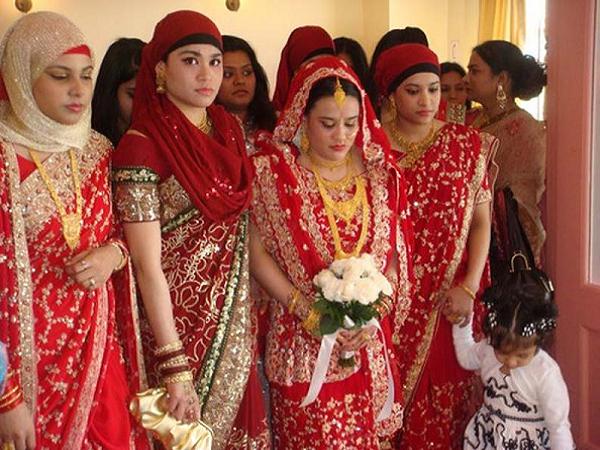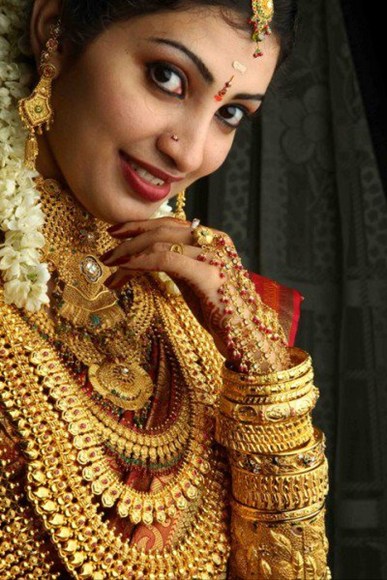I felt to share this.....one wonderful piece of info from a killer turned saint
Vasudeva Panicker, 61, is a mild-mannered watchman of a shelter for the mentally challenged at Punnapra, in Alappuzha district in southern Kerala. In his youth, Mr. Panicker was a soldier in the Indian Army. One day he returned home from his battalion to discover that his wife had run away with a lover. Enraged, Mr. Panicker stabbed his mother-in-law to death. He served 14 years in prison for the murder.
“I decided to hire him because he reminded me of myself,” said Albin Mathew, 62, the founder of the shelter Santhi Bhavan Sarvodaya. “I am a murderer as well.”
The shelter is located on a clearing by the railway tracks passing through Punnapra. In a large dormitory-style hall, a man lay on his face on the floor, his body twitching uncontrollably. Another man laughed suddenly. Many stared vacantly. A few had grizzled beards. A gray-haired woman cried. In a kitchen beside the hall, Mr. Mathew’s wife, Mary, who wore a blue sari, stirred rice in a large pot with a ladle. Outside, in a spacious courtyard, Mr. Matthew had built six huts with asbestos roofs and some bathrooms.
The shelter’s residents include Malayalis, the word for the residents of Kerala, but also men and women from other parts of India – Uttar Pradesh, Tamil Nadu, Maharashtra and Delhi. Their families had abandoned most of them because of their mental illness. Many were offloaded after being found traveling without a ticket on a train that stopped at the town of Alappuzha, a few kilometers from the shelter.
“I bring them to Santhi Bhavan because it is a home for poor people,” said Mr. Mathew.
Isram, a resident of the shelter, used to live in New Delhi. One day, he slipped while crossing railway tracks and a train ran over his legs. His family threw him out. He began losing his mental equilibrium and climbed onto a train leaving Delhi. He ended up at Alappuzha. Mr. Mathew saw him at a bus stop and brought him to the shelter.
Over the years, some of the residents show signs of improvement. Mr. Matthew teaches the recovering men and women to make paper packets, which are sold to the nearby shops. The modest earnings support the shelter, as do donations from ordinary citizens.
“People give whatever they can spare,” Mr. Matthew said. “At times, it is old clothes. At times, it is food.
“It is a miracle,” he added. “We have always been able to meet the daily expenses of 15,000 Rupees [$250].”
The expenditure includes food, medicines, electricity and water bills. Mr. Matthew remains thankful to the people of Alappuzha.
A houseboat in the backwaters of Alappuzha, Kerala on Dec. 29, 2006.
Christophe Archambault/Agence France-Presse — Getty Images
A houseboat in the backwaters of Alappuzha, Kerala on Dec. 29, 2006.
Alappuzha is a coastal town of lush paddy fields and coconut groves in southern Kerala, around 39 miles from the city of Kochi. Several canals and streams cross the town. Most people make a living farming and fishing. After several hours at the shelter, I walked with Mr. Mathew along a narrow road to a beach. On the shore, fishermen on a wooden boat sewed up holes in nets with long needles. They exchanged greetings with Mr. Mathew. We sat on the sand in a grove of eucalyptus trees, whose leaves moved in a soothing breeze.
Mr. Mathew recalled his long journey to becoming the man who managed the shelter for the mentally ill. In the early 1980s, Mr. Mathew worked as a muscleman for a political party, which he refused to name for the fear of retaliation. One evening in 1982, Mr. Mathew was drinking a glass of toddy, a local alcoholic drink, in a shop in Punnapra. He was gaining notoriety and influence as an enforcer for his party.
His rise rankled Kritav Podiyan, another enforcer of the party. Mr. Podiyan walked into the toddy shop to put Mr. Mathew in his place.
The two men had a heated exchange. Mr. Podiyan hit Mr. Mathew in his ribs with the wooden handle of a long, curved knife. Mr. Mathew took out his knife and drove it into Mr. Podiyan’s heart.
A crowd had gathered outside. Mr. Podiyan bled on the shop floor. A few men stepped forward to help the dying man.
“If anybody takes another step, I will kill him,” Mr. Mathew threatened. The crowd stepped back. Mr. Podiyan pleaded for water. Mr. Mathew placed a glass of toddy next to his mouth. “He took three sips of toddy before he died,” Mr. Mathew recalled. “He would have killed me if I hadn’t killed him.”
The murder of Mr. Podiyan cemented Mr. Mathew’s reputation for violence and established his authority as an enforcer in Punnapra. He deployed violence against anyone if he was paid a few thousand rupees by a rival.
“The party would ask me to get rid of people who were creating problems,” Mr. Mathew recalled. “Violence and threats seemed to be the way to settle disputes. The courts took years. People would lose patience and come to us.”
At a certain point, the villagers got tired of Mr. Mathew’s intimidation. One day, when Mr. Mathew was standing alone near a church, a mob encircled him. The villagers attacked him with iron rods, broke his hands, his legs, and smashed his face. They left him for dead.
The police arrived and took him to a hospital. He regained consciousness after three days and spat blood for weeks.
“It was a time of great turmoil. I felt that there was no point to live,” said Mr. Mathew. “I had become a beast.”
A month later, Mr. Mathew returned home from the hospital. His wife, Mary, had been working as a maid for their neighbors to support their three children. The Alapuzzha area has a strong Christian community with an active church. Mr. Mathew was battling depression. Two nuns came to visit him and consoled him.
“You are going to have a new life,” said one of the nuns. “You must confess your sins and go to the church.” Mr. Mathew felt the need for divine intervention. They called a priest.
Father Dhiraj, a priest from the Indian Mission Society church, arrived. Mr. Mathew confessed for an hour.
“I felt a tremendous sense of relief,” Mr. Mathew said. He wanted to live again. The priest advised him to pray for the people he had harmed.
A few months later, Mr. Mathew had recovered from his injuries. But the law of the land caught up with him. In April 1984, he was imprisoned for 12 years for the murder of Mr. Podiyan and other assaults.
“When I was convicted, my friends, my relatives and my party abandoned me,” Mr. Mathew recalled. “I was alone.”
In prison, Mr. Mathew renewed his allegiance to the church and became a devout Christian. The long prison years allowed him to examine his life. Mr. Mathew was just 11 years old when his father, a fisherman, was found murdered, having been killed by unknown people on a beach at Alappuzha. Ten years later, Mr. Mathew’s younger brother, Jacob Mathew, was killed by his in-laws. They accused the younger Mr. Mathew of beating up his pregnant wife.
“Jacob’s death made me furious,” said Mr. Mathew. “That was when I took to violence.” One day in prison, Mr. Mathew made a decision. “When I am released, I will be a boon to society instead of being a curse,” he vowed.
On the Indian Republic Day on Jan. 26, 1997, Mr. Mathew was one of 446 offenders in Kerala released from a prison in the capital, Thiruvananthapuram, after being pardoned by the then chief minister of the state, E.K. Nayanar. Mr. Mathew returned to Alappuzha. A few days after his return, he met a priest.
The priest advised him to overcome his reputation as a violent man and a convicted murderer by changing the way the townsfolk saw him. He advised Mr. Mathew to wear the robes of a priest. He followed the priest’s advice and changed into a saffron kurta, a sarong, and wore a rosary around his neck. Mr. Mathew continues to wear the robes.
One morning in 1997, while Mr. Mathew was wandering about, he spotted a deranged man with unkempt hair, a thick beard and dirty clothes.
“I decided to look after him, and took a house on rent,” he recalled. “I shaved his face, cut his hair, gave him a bath, and got him some clothes.” As days passed, Mr. Mathew found other abandoned, mentally ill men and women. He brought them to his shelter.
Mr. Mathew lives on the shelter premises with his wife in a thatched hut. He still wears the robes. His violent past is a distant memory, a lesson. “Those who live by the sword will die by it. There are no gains through violence,” said Mr. Mathew. “There is no peace of mind when you kill a person or cut off his limbs.”










